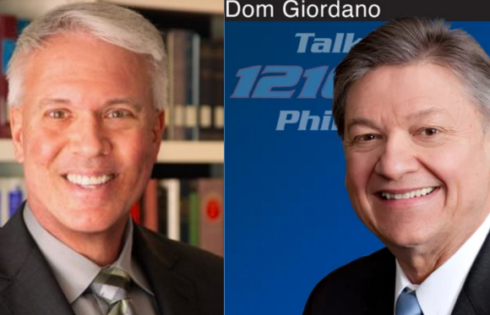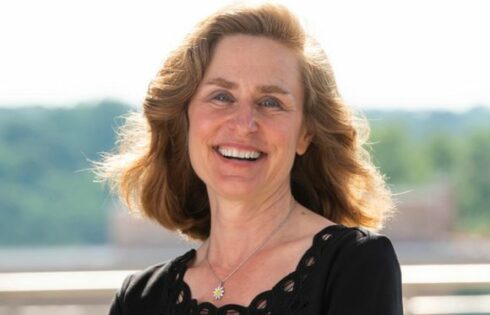
But newspaper doesn’t give full picture of group’s mission
The editorial board of The Diamondback, the student newspaper at the University of Maryland, College Park recently criticized an anti-racist student group on campus for resembling white supremacist activity, claiming the group was “presented to the community in startlingly bad taste.”
The editorial board, however, failed to give a full accounting of the group, using selective quotes to paint a picture of the program that is not in line with the group’s official mission.
The program, originally called “White Awake” but later changed to “Anti-Racism and Ally Building,” was originally advertised as “a safe space for White students to explore their experiences, questions, reactions, and feelings” related to racism. The original description of the program on flyers and the university’s website, since revised, read:
Do you sometimes feel uncomfortable and confused before, during, or after interactions with racial and ethnic minorities? Do you want to improve your ability to relate to and connect with people different from yourself? Do you want to become a better ally? This group offers a safe space for White students to explore their experiences, questions, reactions and feelings. Members will support and share feedback with each other as they learn more about themselves and how they can fit into a diverse world.
In its criticism of the program, the editorial board of The Diamondback left out much of this description, ignoring the program’s offering to help white students “improve” and “become a better ally.” Instead the board negatively cited the program’s reaching out to white students who might “feel uncomfortable and confused before, during, or after interactions with racial and ethnic minorities.”
“A flyer asking white students if minorities make them uncomfortable and promoting a group called White Awake brings to mind the incidents of white supremacist posters seen around campus last winter,” the board wrote. “It could be misinterpreted as a program encouraging racism, blaming minorities for what they inflict on white people and validating an inability to interact with them.”
“It must be conveyed that these dialogues can’t be about the victimization of white people,” the board continued:
…Ultimately, the Counseling Center must be clear about its goals with this group. Is this a space for white people to learn how to move past their internal prejudices, or is it just a place for them to complain about perceived slights? Are minorities welcome to share their own experiences, or is it closed off to them? Are participants being pushed to do better, or is it an echo chamber of people admitting to racist tendencies?
“The Counseling Center must show students that it’s addressing their concerns,” the board concludes, “and that resources and aid are present for minorities, before more space is given over to the feelings of white people.”
Like The College Fix on Facebook / Follow us on Twitter





Please join the conversation about our stories on Facebook, Twitter, Instagram, Reddit, MeWe, Rumble, Gab, Minds and Gettr.